by Logan Drake
|
What is a Podcast? If you turn to Wikipedia you get a very technical, sweeping definition and the fun tidbit that the word "podcast" is a portmanteau of "(i)Pod" and "broadcast."
That's interesting, sure, but it hardly helps you understand what this thing you've been hearing all about is. A podcast is, generally speaking, some sort of audio show. (Video podcasts do exist, but audio podcasts are far and away the most popular. Technically, you can listen to podcasts on just about any internet connected device; a computer, a tablet, probably some smart fridges. For most people, however, the easiest and most convenient way to listen to podcasts is with a smartphone. |
Just as there are many, many kinds of television shows, there are many kinds of podcasts. Some tell original, fictional stories through audio. Some are simply a group of friends sitting around and talking. Some tell the news, some discuss the news. Some discuss philosophy, others politics, television, movies, music or science. Some do original reporting, and some are essentially audio documentaries.
Some release weekly, some daily, some monthly. The world of podcasts is incredibly diverse. So far though, all (or all easily available podcasts at least) are free to listen to. Yay.
Some release weekly, some daily, some monthly. The world of podcasts is incredibly diverse. So far though, all (or all easily available podcasts at least) are free to listen to. Yay.
How Do You Listen to Podcasts?
|
If you're using an iPhone, you can use Apple's preinstalled Podcasts app (it's got that ugly purple icon) to listen to your podcasts. Personally, for iPhone users I recommend the free "Overcast" app (available in the App Store) which has a simpler interface and more features.
If you're using an Android phone you can find podcasts in the Google Play Store (the easiest way to get podcasts for free on Android) or you can download another podcast player from the Play Store (many of the best one's require a purchase, however). Unlike things like Netflix or Hulu, which simply show basically all the content they have on the homescreen, you have to subscribe to podcasts in order to populate your homescreen. Thankfully, many podcast apps (including Apple's and Overcast) have made it easier to discover great podcasts to listen to. This way you can browse and find podcasts that look good to you, you don't have to venture off elsewhere on the internet to find out about them. |
|
(If you're using the Overcast app on the iPhone (like you should be), the way to discover and subscribe to new podcasts is by clicking the "+" in the upper right of the homescreen.
Once you've found a podcast that you'd like to listen to, you can simply hit "subscribe." Once you're subscribed, new episodes of that podcast will automatically appear on your podcast app's homescreen as they become available. Then, whenever you want, you can click on an episode and listen to it. Most podcast apps only show you the most recent episode of a podcast when you subscribe to one, but you can usually click to find all the episodes. This way you can listen to older episodes. This is especially handy with serial podcasts, where a story might build week over week. |
Above you can see Apple's podcast app which offers too options once you've subscribed to a podcast: "Unplayed" and "Feed." Unplayed shows you the episodes that have been released since you subscribed, and feed shows you that podcast's entire catalog of episodes.
When do people listen to podcasts? Many like to listen while walking or running. Personally I love listening while walking but can't focus well enough when I'm running. It's also very popular to listen while cleaning up around the house or doing chores. If you have a way to connect your phone to your car's stereo system (with an aux cord or bluetooth), it's also great to listen while driving. Then it becomes just like radio, but customized to your taste and completely in your control! And of course you can always just sit (or lay) back and listen for a relaxing time. My dad, for example, likes to listen to podcasts right before bed.
I know this might all sound a bit complicated, but trust me, it becomes very simple once you get started, and it doesn't take long to get the hang of it. Before you know it, listening to podcasts will be a natural part of your week, something you enjoy and do without effort. If you have any questions at all, feel free to ask in the comments below and I will get back to you.
When do people listen to podcasts? Many like to listen while walking or running. Personally I love listening while walking but can't focus well enough when I'm running. It's also very popular to listen while cleaning up around the house or doing chores. If you have a way to connect your phone to your car's stereo system (with an aux cord or bluetooth), it's also great to listen while driving. Then it becomes just like radio, but customized to your taste and completely in your control! And of course you can always just sit (or lay) back and listen for a relaxing time. My dad, for example, likes to listen to podcasts right before bed.
I know this might all sound a bit complicated, but trust me, it becomes very simple once you get started, and it doesn't take long to get the hang of it. Before you know it, listening to podcasts will be a natural part of your week, something you enjoy and do without effort. If you have any questions at all, feel free to ask in the comments below and I will get back to you.
Where should I start?
|
|
The sheer number of podcasts out there can be intimidating. Don't let it scare you. Try to pick just one or two podcasts to start with and listen to them consistently. Once you get the hang of the process, then it's easier to add more podcasts to your cycle and work them into your life.
As for what podcasts to listen to, that depends a lot on personal taste. Most podcast apps let you browse by topic, so you can pick a topic you know interests you and start from there. Most apps also have "featured" or "recommended" pages that show you lots of podcasts that are popular and of high quality. |
If you're still feeling lost, or want more help picking out what to listen to, I've put together a massive list of all the podcasts I listen to (thirty podcasts and counting). The list breaks down by category and also includes a short description of each podcast to explain what it's about, how long it is, and how often episodes come out. You can check out that list here.
And as always, if you have your own podcast recommendations, be sure to share them in the comments.




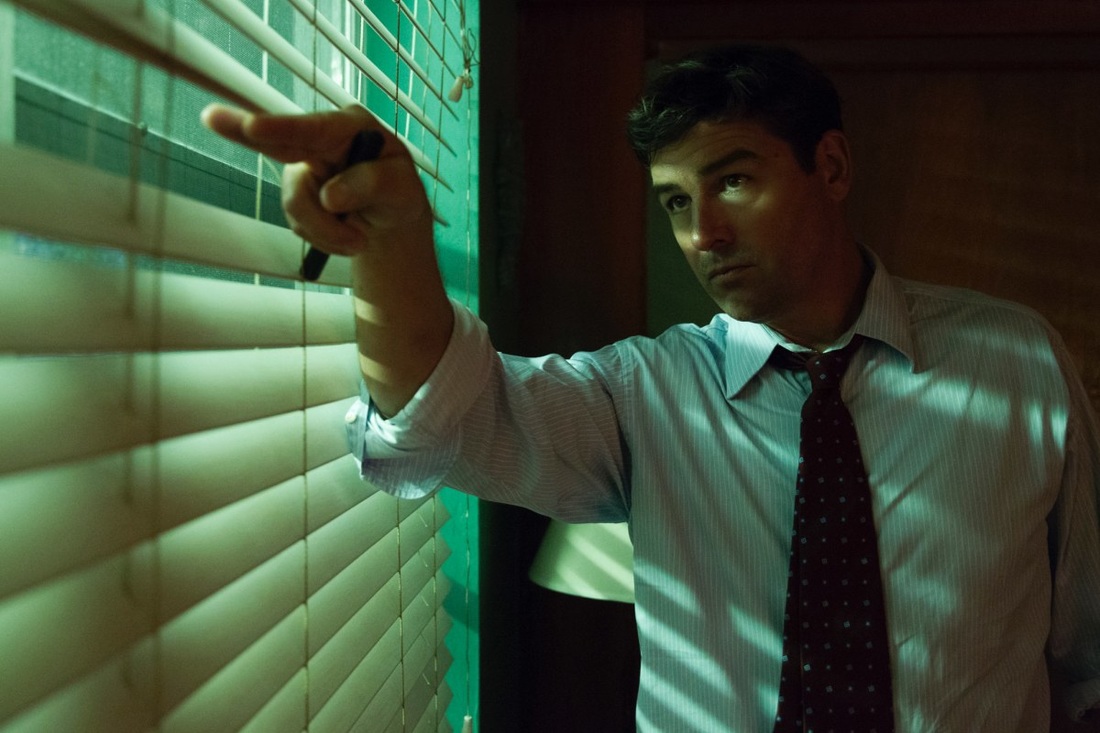
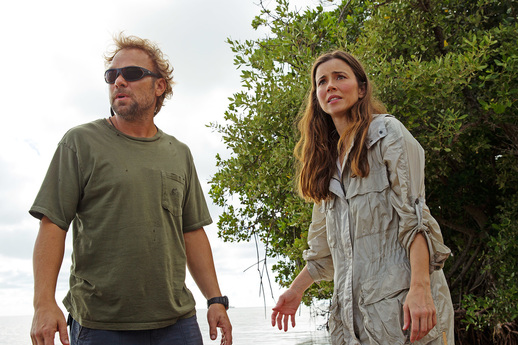
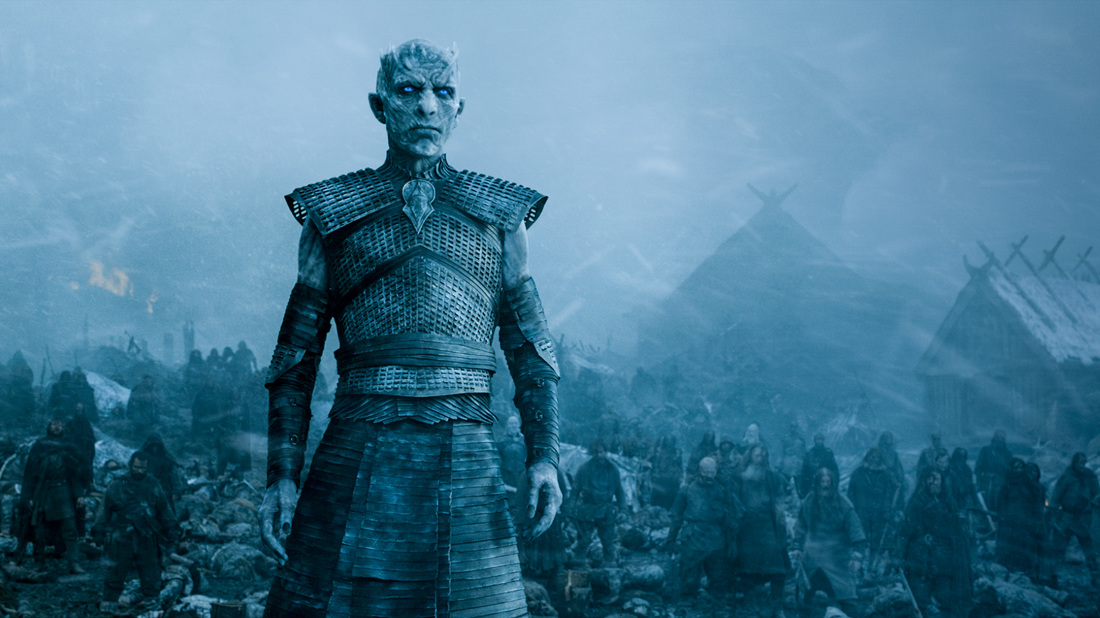
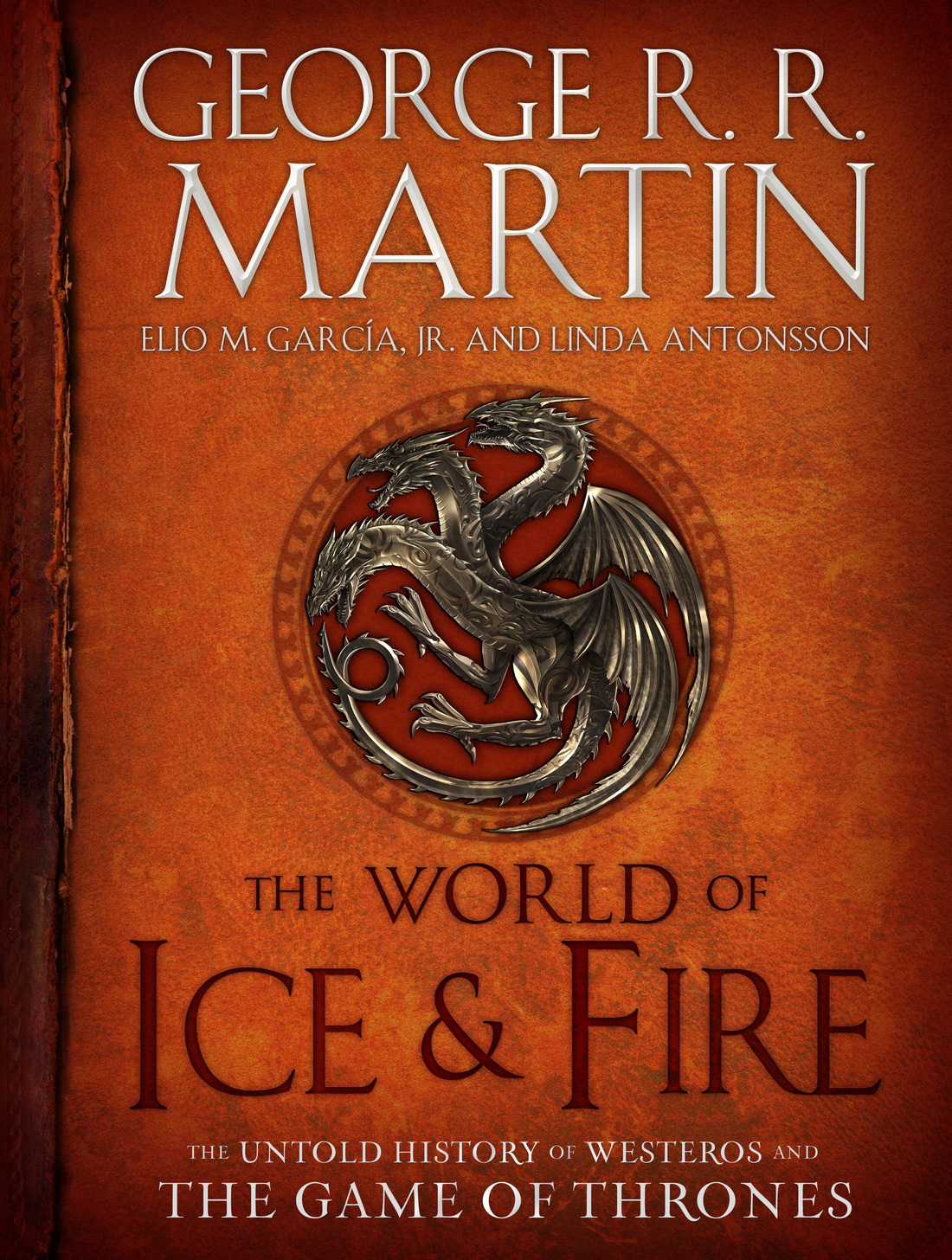
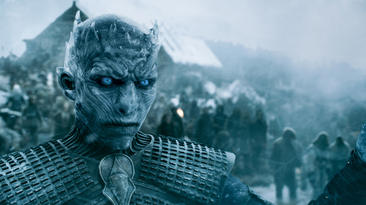
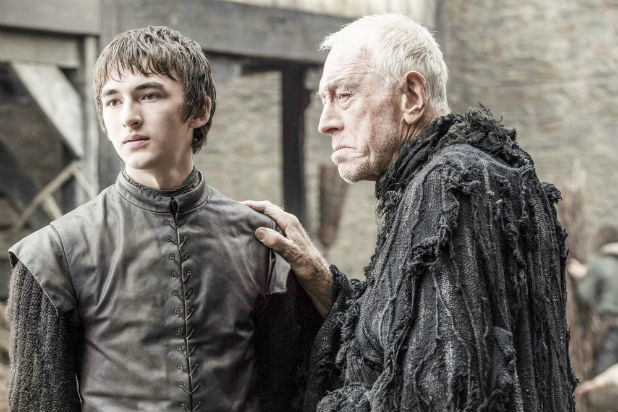
 RSS Feed
RSS Feed
